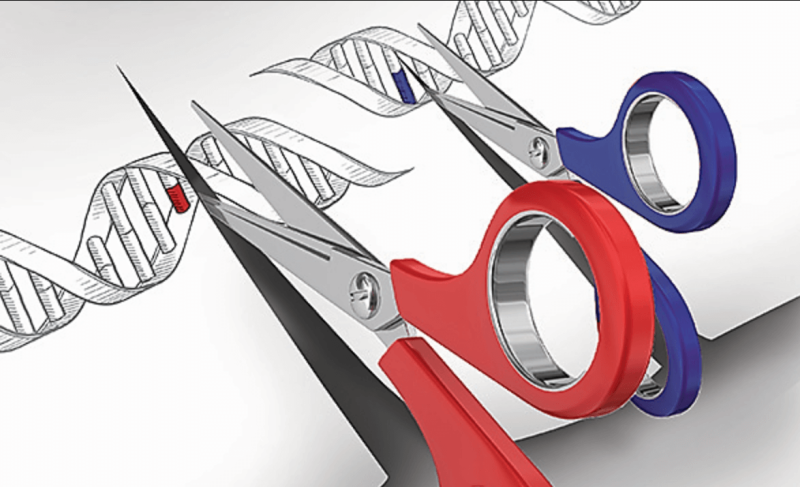The GLP aggregated and excerpted this blog/article to reflect the diversity of news, opinion and analysis.
CRISPR is a controversial new technology for genetically engineering cells and making those changes heritable. It and other new gene-editing technologies have both raised hopes of speedier biomedical breakthroughs and concerns that they could eventually enable the modification of healthy humans. But what is not generally known is that the use of CRISPR as a research tool has already become so widespread that even community labs have access to it – and this isn’t necessarily a bad thing.
For those not familiar with the term, community labs…are a relatively new phenomenon: grassroots, nonprofit organizations that maintain laboratory facilities open to the general public, with a mission to make the practice of biotechnology available to all.
CRISPR has been hailed as a breakthrough because of its ease of use and low cost, but these are relative to what was previously available. It’s still pretty hard to tinker with anything more complicated than a microbe…we haven’t the slightest idea what genetic changes would be necessary to add wings or extra arms.
Read full, original post: How DIY bio-hackers are changing the conversation around genetic engineering































